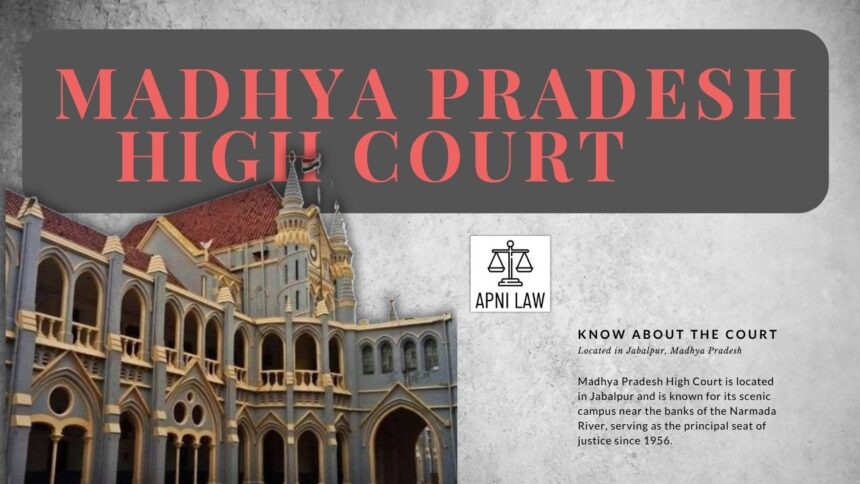Introduction
The Madhya Pradesh High Court has ruled that making false and damaging accusations against a spouse can amount to mental cruelty under matrimonial law. The court granted a decree of divorce to a husband after finding that his wife had falsely accused him of being addicted to alcohol. This decision reinforces that unfounded allegations and humiliation can justify divorce on the ground of cruelty.
Facts of the Case
In MK v. MA, the couple married in June 2004 and had two children. Both worked in public service. Their relationship began deteriorating in 2013 when the wife took a transfer to another location. By 2017, the two were living separately.
In 2018, the husband filed for divorce alleging cruelty and desertion. He claimed his wife made false accusations that he was a habitual drinker, causing him humiliation at work and in society. The wife countered with allegations of neglect and domestic violence, citing a previous case under the Protection of Women from Domestic Violence Act, 2005, which was later settled through compromise. The family court dismissed the husband’s petition, accepting the wife’s version of events. The husband then appealed to the High Court.
What the Court Said
A Division Bench of Justices Vishal Dhagat and Anuradha Shukla reviewed the evidence and overturned the family court’s findings. The High Court found no proof to support the wife’s claim that her husband was addicted to alcohol. The documents and complaints she produced did not establish any record of habitual drinking or intoxication.
The judges stated that unverified accusations made to defame or socially degrade a spouse could cause deep mental pain and humiliation. The court noted that calling a public servant an alcoholic without proof could destroy his professional reputation and social standing. Such behaviour, the court said, clearly amounted to mental cruelty.
The bench observed that the wife appeared unwilling to continue the marital relationship but was determined to damage the husband’s image. It concluded that her conduct was deliberate and designed to inflict psychological suffering. As a result, the court granted a divorce on the ground of cruelty, though it rejected the husband’s claim of desertion since the required two-year period of separation was not proven.
Implications
This ruling has wide implications for family law cases. It underscores that cruelty in marriage is not confined to physical abuse; verbal and reputational attacks also qualify. The judgment serves as a warning that false allegations, particularly those affecting a person’s career or social image, can form a strong legal basis for divorce.
For legal practitioners, the case highlights the need for credible evidence when making accusations of misconduct. Unsupported claims can backfire and result in findings of cruelty against the accuser. The decision also encourages courts to protect individuals from reputational harm inflicted within a marital relationship.
For any specific query call at +91 – 8569843472
Conclusion
The Madhya Pradesh High Court’s decision in MK v. MA reiterates that making false allegations about a spouse’s character or habits constitutes mental cruelty. By granting divorce to the husband, the court affirmed that respect, trust, and reputation are fundamental to marriage. The ruling strengthens the judicial stance that emotional and psychological abuse, even through baseless accusations, is a valid ground for dissolution of marriage.








